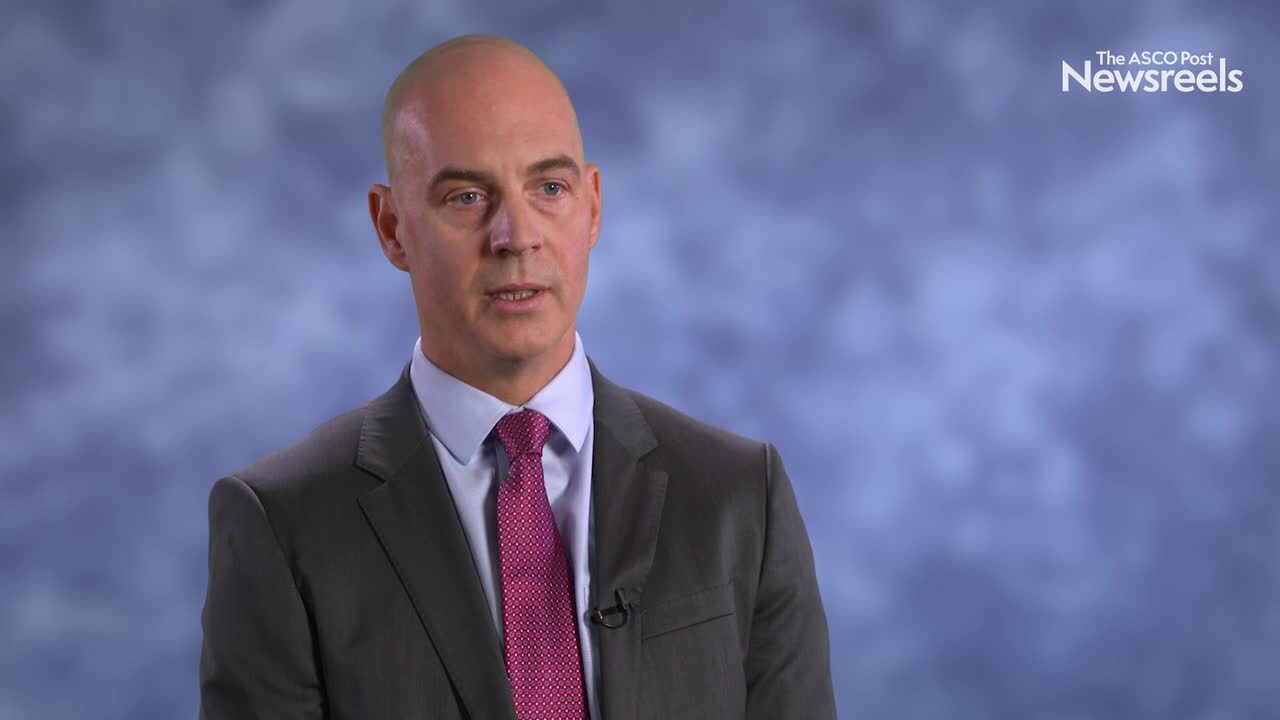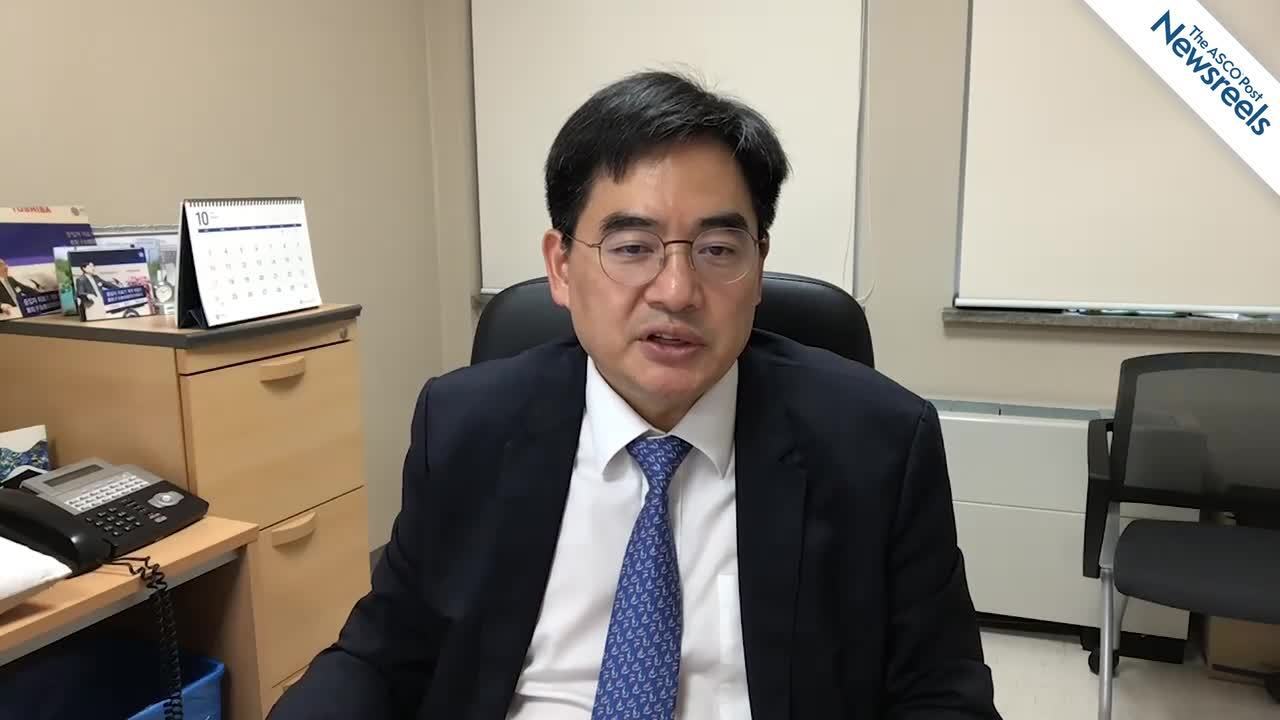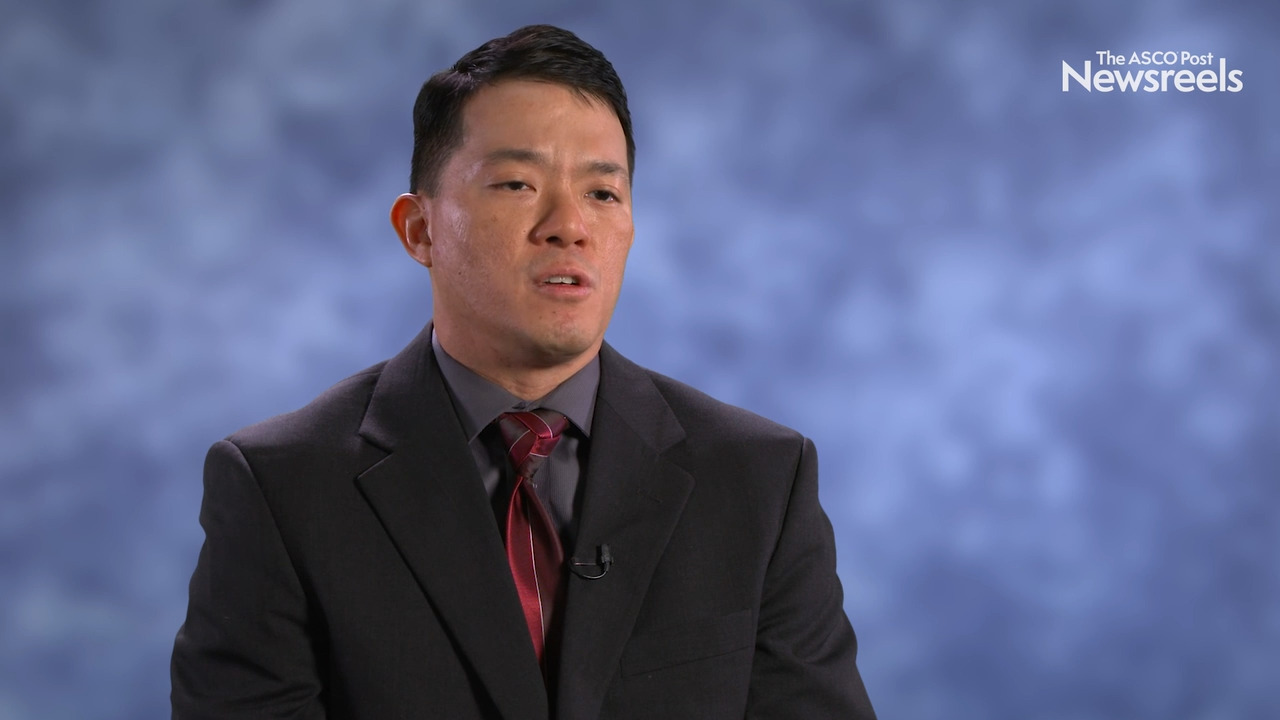Karen M. Winkfield, MD, PhD, on Digital Health to Improve Patient Outcomes and Experience
2021 ASTRO Annual Meeting
Karen M. Winkfield, MD, PhD, of Vanderbilt University Medical Center, who co-chaired a session (PS 02) on digital health, summarizes the talks, which included ways to reduce disparities with digital innovations and the importance of patient input, especially in the form of patient-reported outcomes and experience measures. Advancing digital health, which the FDA defines as including health information technology, telemedicine, and personalized medicine, can potentially improve cancer care.
The ASCO Post Staff
Daniel F. Hayes, MD, of the University of Michigan Rogel Cancer Center, discusses whether liquid biopsies can provide insight into the challenge of curing metastatic breast and possibly other cancers, how oligometastases are similar to a primary cancer, and why some kinds of local therapy for widespread disease might improve survival and lead to a cure.
The ASCO Post Staff
Mark K. Buyyounouski, MD, MS, of Stanford University, discusses phase III results from the NRG Oncology GU003 trial, which showed that, post-prostatectomy, using fewer—but higher—doses of radiation does not appear to increase long-term side effects or reduce quality of life when compared with conventional radiation treatment (Abstract 3).
The ASCO Post Staff
Aadel A. Chaudhuri, MD, PhD, of Washington University School of Medicine in St. Louis, discusses circulating tumor DNA, which has the potential to better personalize treatment for patients with oligometastatic cancer and help clinicians determine whether to offer systemic therapy alone or curative-intent local consolidative therapy.
The ASCO Post Staff
Yongbae Kim, MD, of the Yonsei Cancer Center and Yonsei University College of Medicine, discusses findings that showed the use of internal mammary area irradiation (IMNI) in regional nodal irradiation did not significantly improve disease-free survival for women with node-positive breast cancer. However, patients with medially or centrally located tumors may be considered for treatment with IMNI (Abstract 2).
The ASCO Post Staff
Daniel J. Ma, MD, of the Mayo Clinic Alix School of Medicine, discusses results from a phase III study of patients with HPV-associated oropharyngeal squamous cell carcinoma. Comparing a 2-week course of de-escalated adjuvant radiation therapy with the standard 6-week course, investigators found that the shorter treatment appeared to have less toxicity, higher quality of life, and similar disease control as the longer standard-of-care treatment (Abstract LBA1).





